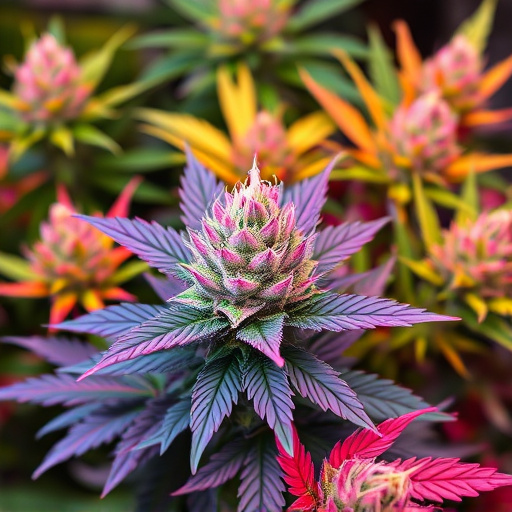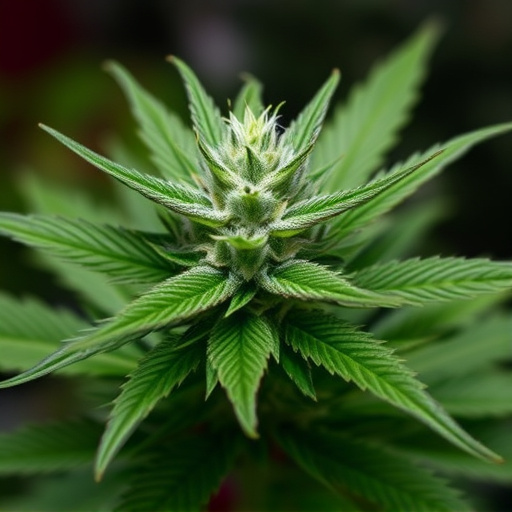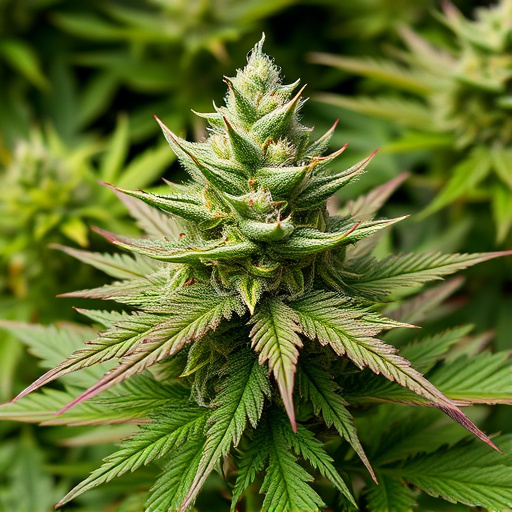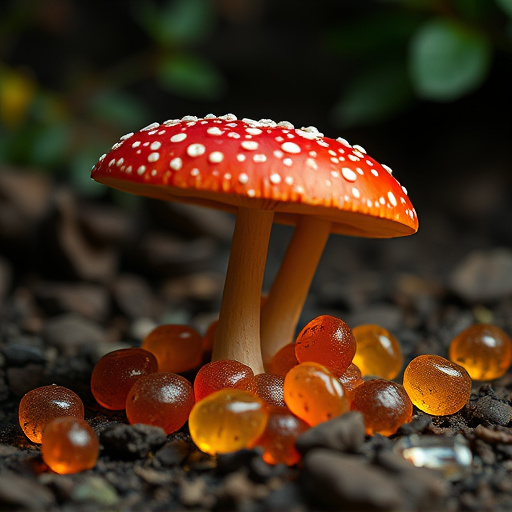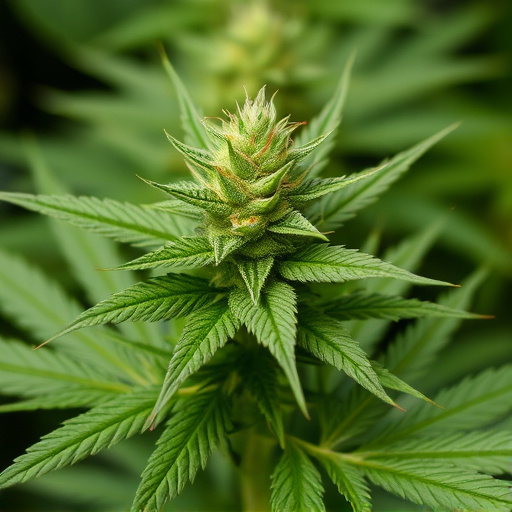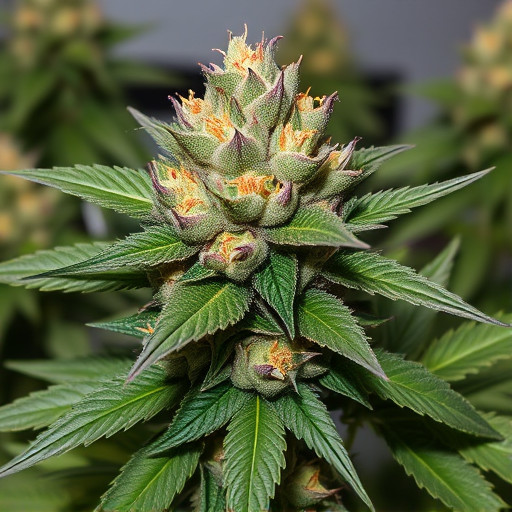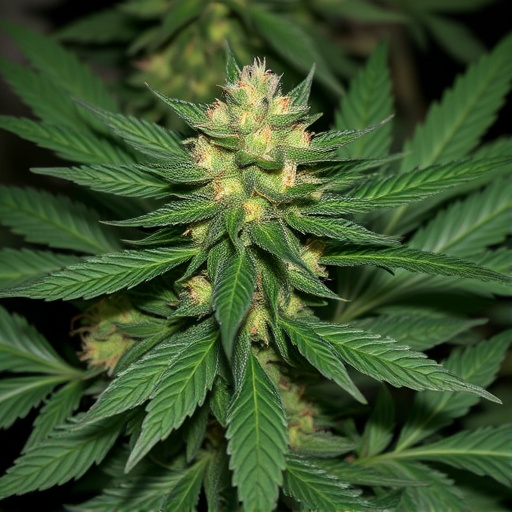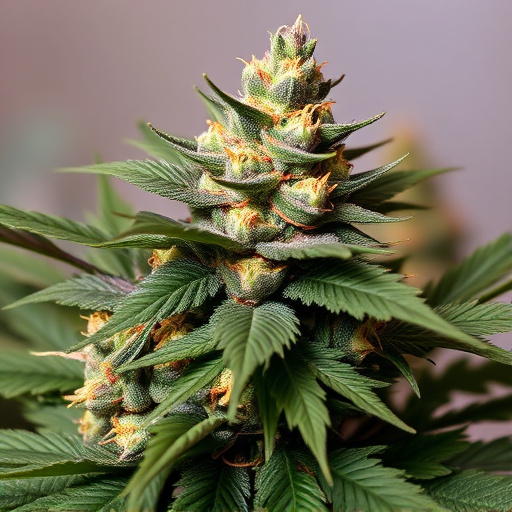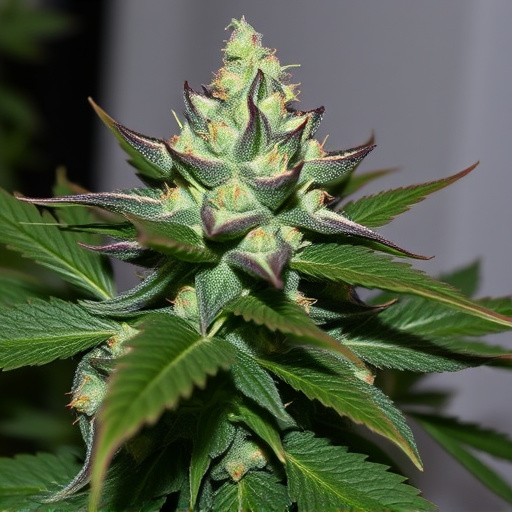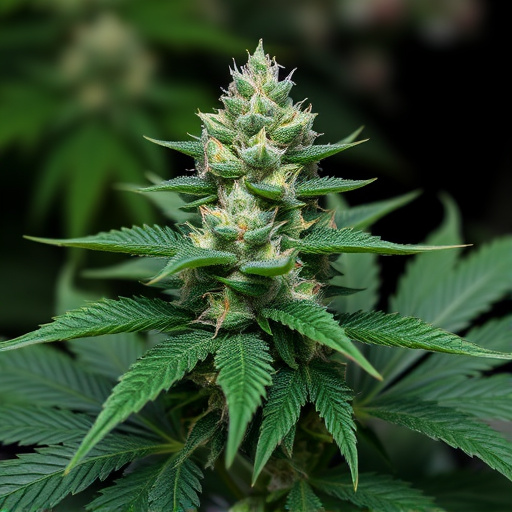Indica Kush strains, popular in dispensaries for their relaxing effects due to MYRCene terpene, carry significant health risks. These include cognitive impairment, reduced coordination, impaired judgment, and respiratory issues from dense smoke, increasing accident risks, especially among young users and those with low tolerance. High THC concentrations amplify these dangers, contributing to anxiety, paranoia, psychosis, and cannabis use disorder. The booming cannabis industry faces challenges in maintaining product quality and regulatory compliance due to lack of standardized testing methods, leading to inconsistent THC, CBD levels, and potential contaminants like pesticides, posing further health risks to consumers.
“While cannabis has gained popularity for its potential therapeutic benefits, especially with specific strains like Indica Kush, it’s crucial to understand the associated risks. This article delves into the potential health hazards of Indica Kush strains, focusing on their psychological effects and addiction concerns. Furthermore, we explore quality control issues within the cannabis industry, highlighting the need for regulation to ensure consumer safety.”
- Potential Health Risks Associated with Indica Kush Strains
- Psychological Effects and Addiction Concerns
- Quality Control and Regulatory Issues in the Cannabis Industry
Potential Health Risks Associated with Indica Kush Strains
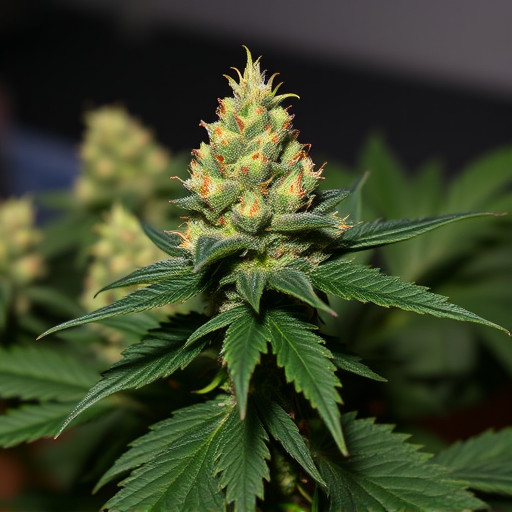
The potential health risks associated with Indica Kush strains, like those found in many cannabis dispensaries, are a critical aspect often overlooked by casual users. While known for their relaxing and sedative effects due to high levels of MYRCene, a terpene linked to calming properties, these strains may also contribute to adverse reactions. One significant risk is the potential for cognitive impairment, especially with frequent or heavy use. Studies suggest that Indica Kush can negatively impact memory, attention, and executive functions, particularly in young individuals whose brains are still developing.
Additionally, the sedative effects of Indica Kush can lead to drowsiness, reduced coordination, and impaired judgment, increasing the risk of accidents or injuries. Some users may also experience respiratory issues due to the dense smoke produced by these strains, which can exacerbate existing lung conditions or cause irritation in otherwise healthy individuals. It’s important for consumers to be aware of these risks, especially when consuming Indica Kush strains with high concentrations of THC, and to use moderation and take precautions to minimize potential harm.
Psychological Effects and Addiction Concerns
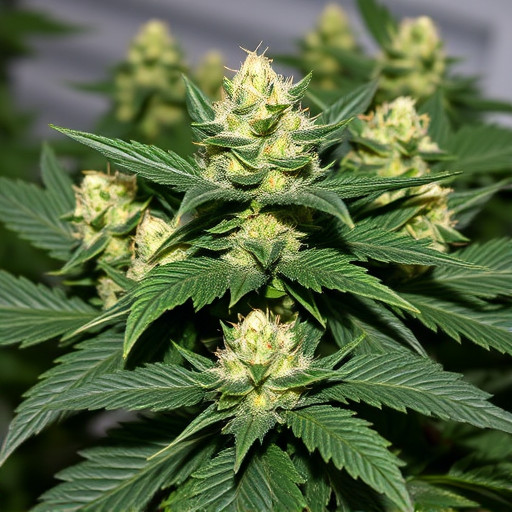
Cannabis, especially popular indica kush strains, can have significant psychological effects on users. While many people enjoy its relaxing and calming properties, it’s important to be aware that cannabis can also induce anxiety, paranoia, and even psychosis in some individuals, particularly those with pre-existing mental health conditions. The potency of modern cannabis has increased dramatically over the years, making these effects more intense and prolonged.
Addiction is another major concern. Regular use of cannabis, especially when it becomes a way to cope with stress or anxiety, can lead to dependency. Studies have shown that cannabis use disorder can develop in a significant portion of regular users, particularly those who start using at a young age. Indica kush strains, known for their sedative properties, are particularly risky in this regard as they may encourage users to overindulge, leading to potential health and social issues.
Quality Control and Regulatory Issues in the Cannabis Industry
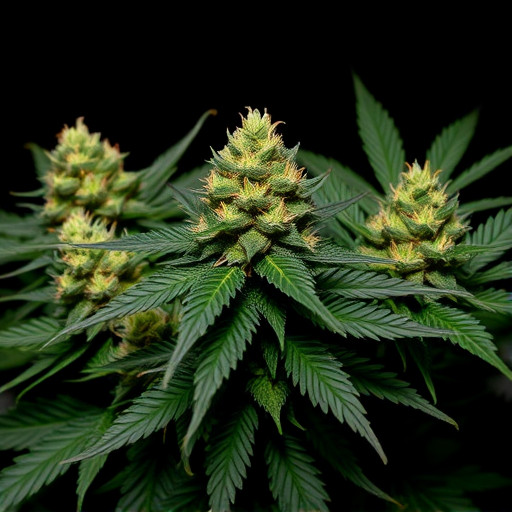
The cannabis industry, particularly with the growing popularity of indica kush strains, faces significant challenges in terms of quality control and regulatory compliance. As the market expands, ensuring product safety and consistency becomes increasingly complex. Without strict regulations, consumers run the risk of purchasing products that may not meet quality standards, leading to potential health issues.
One of the primary concerns is the lack of standardized testing methods for cannabis flowers. Unlike pharmaceutical drugs, cannabis products are not subject to rigorous laboratory analysis before reaching the market. This inconsistency can result in varying levels of THC and CBD, which are essential compounds known for their therapeutic effects. Moreover, certain indica kush strains may contain higher concentrations of contaminants or pesticides, posing risks to users’ health if these substances are not properly regulated.
While cannabis flower offers potential therapeutic benefits, especially for specific conditions like chronic pain and insomnia, it’s crucial to acknowledge the risks associated with indica kush strains. These include psychological effects that may lead to anxiety or paranoia, as well as addiction concerns. Furthermore, quality control and regulatory issues in the cannabis industry can result in unpredictable products. Understanding these risks is essential for consumers to make informed decisions regarding their health and well-being.
